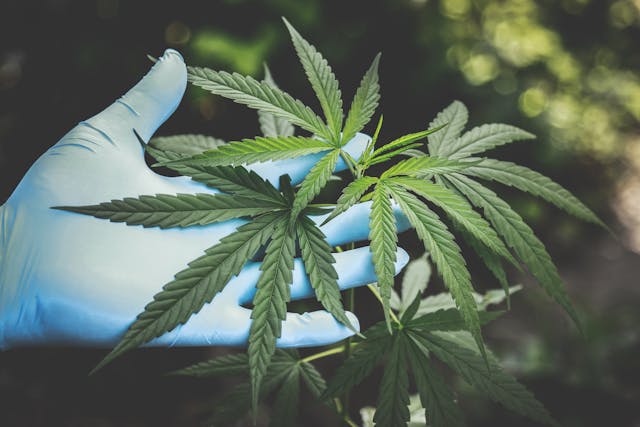U.S. Sen. Rand Paul has again introduced legislation that would triple the THC limit for industrial hemp, an act of poor timing if we ever saw one.
Rand has refloated the Hemp Economic Mobilization Plan (“HEMP” Act), which suggests an increase from 0.3% to 1.0% delta-9 THC would provide more flexibility for farmers dealing with fluctuating THC levels due to environmental factors. In some states, crops that go over the limit must be destroyed, so the current level represents a serious risk factor
The change would also make U.S. CBD producers more competitive because the rest of the world is likely to stick to the widely accepted 0.3%THC limit; CBD rises in hemp plants in proportion to naturally occurring THC.
It’s not the first time Paul, a staunch advocate for hemp from Kentucky, has flogged the HEMP Act. The bill was first proposed at the end of the 2020 legislative session of the U.S. Congress but failed to receive a vote. It was re-introduced in 2021 but did not advance past the Committee on Agriculture, Nutrition, and Forestry.
Bad weather
While the bill addresses important issues facing hemp farmers, troublesome factors make it unlikely that the measure will succeed in the current legislative climate.
First are the growing worries over intoxicating hemp products, synthetic formulas made from hemp-derived CBD. The rise of these products has led to safety concerns, especially regarding their availability in unregulated markets and their marketing toward minors. As a result, state and federal regulators are cracking down on the hemp-derived intoxicant market.
The HEMP Act’s proposal to increase the THC threshold from 0.3% to 1% could be perceived as making it easier for such products to proliferate, which would be politically contentious. Lawmakers are likely to be hesitant about any legislation that could exacerbate this issue.
Additionally, the FDA’s delay in establishing clear rules for CBD has left the industry in a state of uncertainty, allowing various legal loopholes to be exploited. This has resulted in a patchwork of inconsistent state regulations, with some states imposing tighter restrictions and others remaining more lenient.
In this confusing landscape, the introduction of a bill that relaxes federal restrictions won’t look right to many, particularly when some stakeholders are calling for stricter oversight to manage the chaos in the marketplace.
Finally, the push to raise the THC limit could be seen as a step backward in protecting consumers from unsafe products. Legislators are more in a mood to tighten controls on the industry, rather than relax them, making the HEMP Act politically difficult to advance.
Read more at Hemp Today

